
BBC One
Featured Show:
The Generation Game
The Generation Game was a British game show produced by the BBC in which four teams of two competed to win prizes. The programme was first broadcast in 1971 under the title Bruce Forsyth and the Generation Game and ran until 1982, and again from 1990 until 2002. The show was based on the Dutch TV show Een van de acht, "One of the Eight", the format devised in 1969 by Theo Uittenbogaard for VARA Television. Mrs. Mies Bouwman - a popular Dutch talk show host and presenter of the show - came up with the idea of the conveyor belt. She had seen it on a German programme and wanted to incorporate it into the show. Another antecedent for the gameshow was 'Sunday Night at the London Palladium' on ATV, which had a game called Beat the Clock, taken from an American gameshow. It featured married couples playing silly games within a certain time to win prize money. This was hosted by Bruce Forsyth from 1958, and he took the idea with him when he went over to the BBC.
BBC One TV Shows
2485 shows • Page 105 of 125
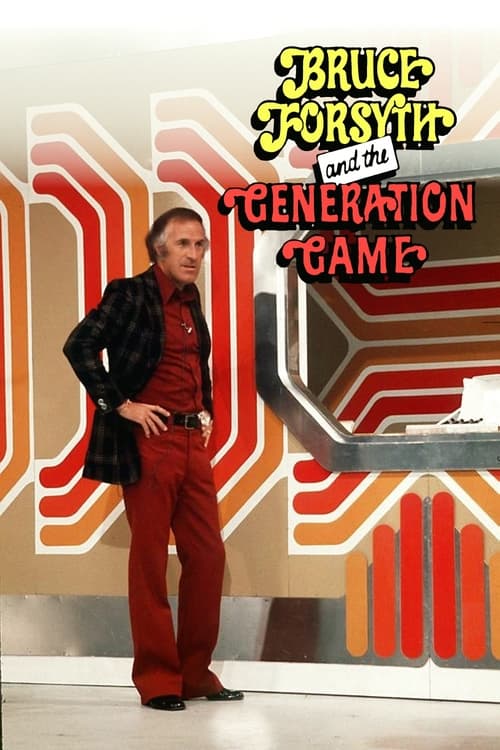
The Generation Game
The Generation Game was a British game show produced by the BBC in which four teams of two competed to win prizes. The programme was first broadcast in 1971 under the title Bruce Forsyth and the Generation Game and ran until 1982, and again from 1990 until 2002. The show was based on the Dutch TV show Een van de acht, "One of the Eight", the format devised in 1969 by Theo Uittenbogaard for VARA Television. Mrs. Mies Bouwman - a popular Dutch talk show host and presenter of the show - came up with the idea of the conveyor belt. She had seen it on a German programme and wanted to incorporate it into the show. Another antecedent for the gameshow was 'Sunday Night at the London Palladium' on ATV, which had a game called Beat the Clock, taken from an American gameshow. It featured married couples playing silly games within a certain time to win prize money. This was hosted by Bruce Forsyth from 1958, and he took the idea with him when he went over to the BBC.
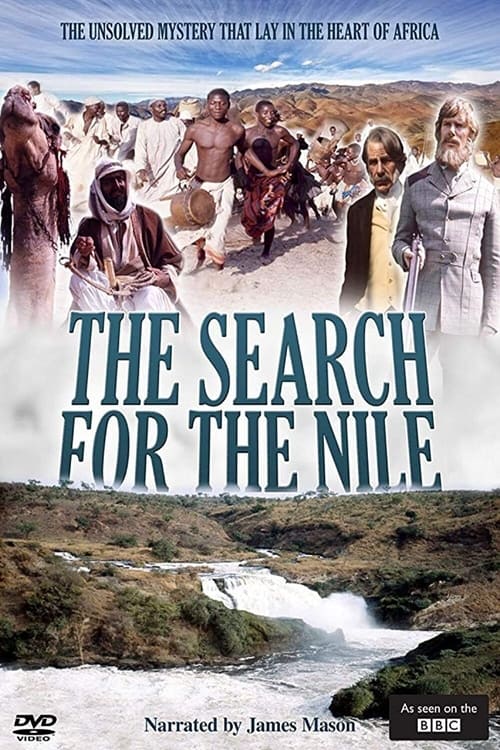
The Search for the Nile
The Nile's source was the last great mystery for European explorers in the 19th century. The story of its discovery is one of heroism in the service of faith, greed, and obsession.

Barlow
Barlow at Large is a British television programme broadcast in the 1970s, starring Stratford Johns in the title role. Johns had previously played Barlow in the Z-Cars, Softly, Softly and Softly, Softly: Taskforce series on BBC television during the 1960s and early 1970s. Barlow at Large began as a three-part self-contained spin-off from Softly, Softly: Taskforce in 1971 with Barlow co-opted by the home office to investigate police corruption in Wales. Johns left Softly, Softly for good in 1972, but returned for a further series of Barlow at Large in the following year, Barlow having gone on full-time secondment to the Home Office. This second series, rather than telling one story in serial form, as the 1971 series had, was instead ten 50-minute episodes, each with a self-contained story. In this series, Barlow was supported by Norman Comer as Detective Sergeant Rees, who had been helpful to him during the first series. He also had to deal with the political machinations of the senior civil servant Fenton. In 1974 the series was renamed Barlow and a further two series of eight episodes each followed, introducing the character of Detective Inspector Tucker, played by Derek Newark. The final episode was transmitted in February 1975. The Barlow character was seen again in the series Second Verdict in which he, along with his former colleague John Watt, looked into unsolved cases and unsafe convictions from history.
 0
0Nairn's Journeys
Writer and journalist Ian Nairn presents a series of travels, examining architecture and culture across Europe.
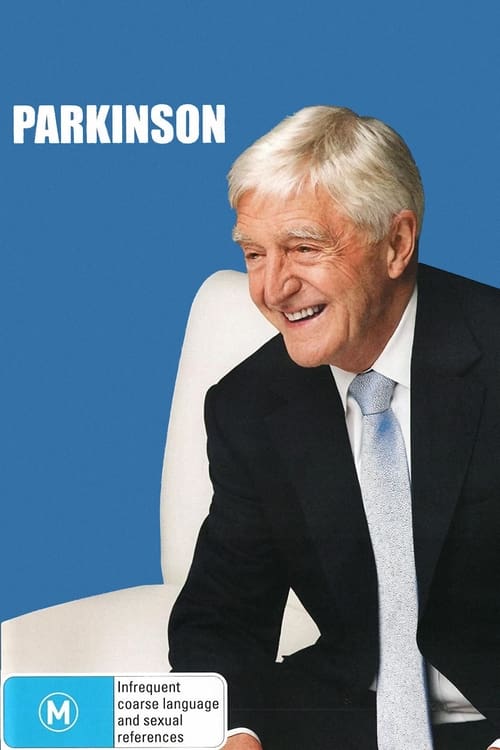
Parkinson
Parkinson (1971) is a British television Interview show that was presented by Michael Parkinson.
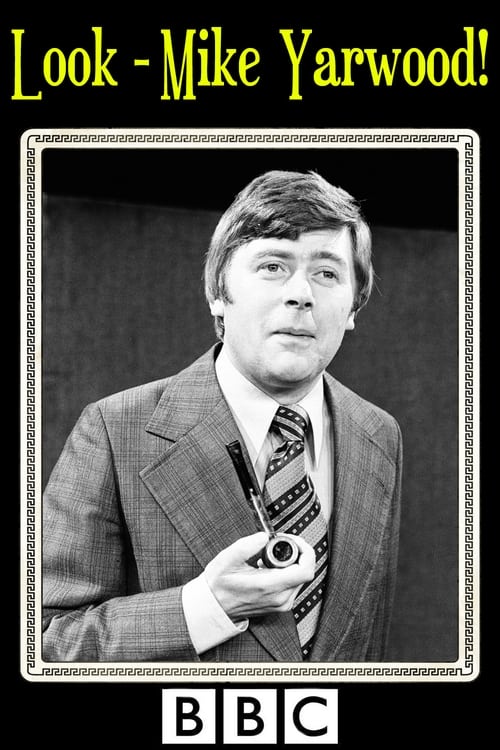 0
0Look - Mike Yarwood!
The original BBC TV series that ran for six series from 1971 until 1976, when later that year he returned with a new series Mike Yarwood In Persons. He performed sketches impersonating famous faces of the day. At its height the show regularly drew audiences of up to 18 million viewers.

Brett
Brett, a journalist with a taste for the high life and a penchant for trouble. a powerful and ambitious man who would become a tycoon, but with his shady past catching up with him, brings him conflict with people he had crossed.
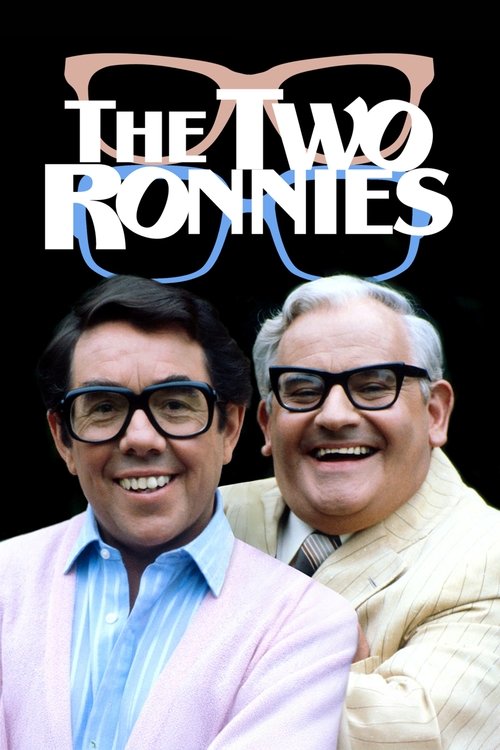
The Two Ronnies
The Two Ronnies is a British sketch show which aired on BBC1 from 1971 to 1987. It featured the double act of Ronnie Barker and Ronnie Corbett, the "Two Ronnies" of the title.
 0
0Now Take My Wife
Now Take My Wife was a BBC situation comedy which ran for only one series of 14 episodes in 1971. It starred Sheila Hancock and Donald Houston as a suburban middle-class couple, Claire and Harry Love. He would start each episode by turning to the camera and saying "Now ... take my wife". They had a teenage daughter, played by Liz Edmiston. Their next-door neighbour was an eccentric German woman, who also had a daughter. Of the 14 episodes, two are currently missing from the BBC archives; they were either wiped to reuse the tapes or possibly lost at one stage after their first broadcast. Several years later, in a Guardian interview, Hancock indicated that she was not very happy with the programme, seeing it as an example of the sort of stereotyped role for women actors she landed. However, her character often got the better of her husband during each episode.
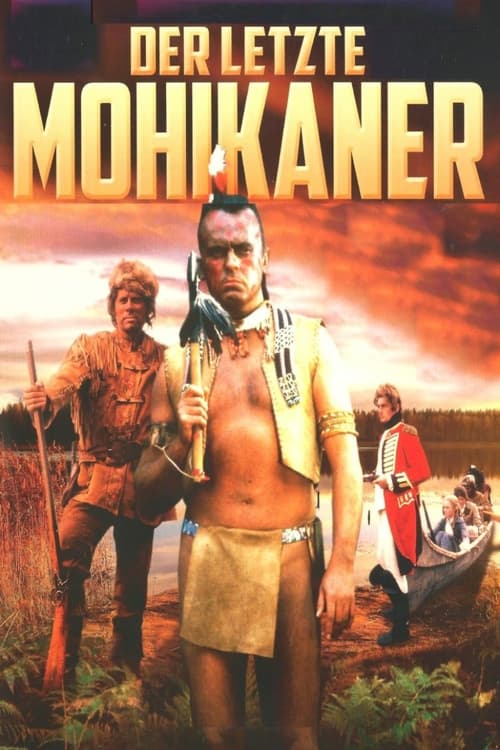
The Last of the Mohicans
The adventures of Natty 'Hawkeye' Bumppo and his Indian companions, caught in a war between the French and English in upstate New York in 1757.

Little Women
British adaptation of Louisa May Alcott's novel.

Play for Today
Play for Today is a British television anthology drama series, produced by the BBC and transmitted on BBC1 from 1970 to 1984. During the run, more than three hundred programmes, featuring original television plays, and adaptations of stage plays and novels, were transmitted. The individual episodes were between fifty and a hundred minutes in duration.

Bachelor Father
Bachelor Father is a British sitcom starring Ian Carmichael that aired for two series from 1970 to 1971. It was written by Richard Waring.

The Black Tulip
The city of Haarlem, Netherlands, has set a prize of ƒ100,000 to the person who can grow a black tulip, sparking competition between the country's best gardeners to win the money, honour and fame. Only the city's oldest citizens remember the Tulip Mania thirty years prior, and the citizens throw themselves into the competition. The young and bourgeois Cornelius van Baerle has almost succeeded but is suddenly thrown into the Loevestein prison. There he meets the prison guard's beautiful daughter Rosa, who will be his comfort and help, and eventually become his rescuer.
 0
0Nairn's Europe
A series of programmes in which Ian Nairn contrasts the urban civic style of Britain and the Continent.
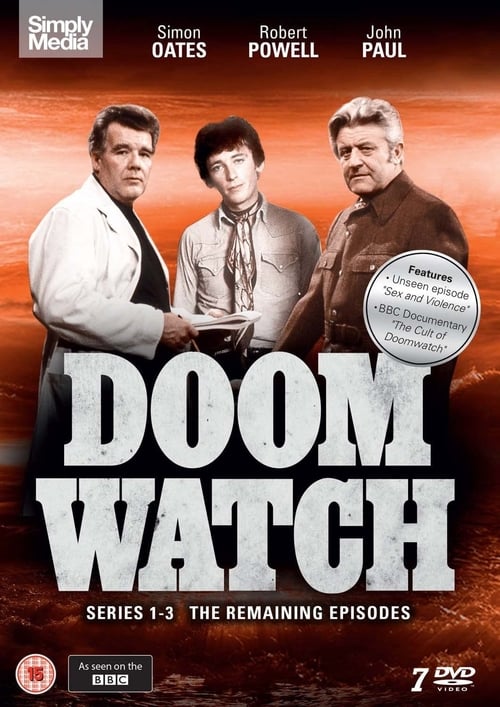
Doomwatch
Doomwatch is a British science fiction television programme produced by the BBC, which ran on BBC 1 between 1970 and 1972. The series was set in the then present-day, and dealt with a scientific government agency led by Doctor Spencer Quist, responsible for investigating and combating various ecological and technological dangers. The series was followed by a film adaptation produced by Tigon British Film Productions and released in 1972, and a revival TV film was broadcast on Channel 5 in 1999.
 0
0As Good Cooks Go
As Good Cooks Go was a black-and-white British sitcom that aired on BBC1 from 1969 to 1970. Written by John Warren and John Singer, it starred Tessie O'Shea and Frank Williams.

A Question of Sport
Sporting quiz show, with regular captains leading teams of celebrities.
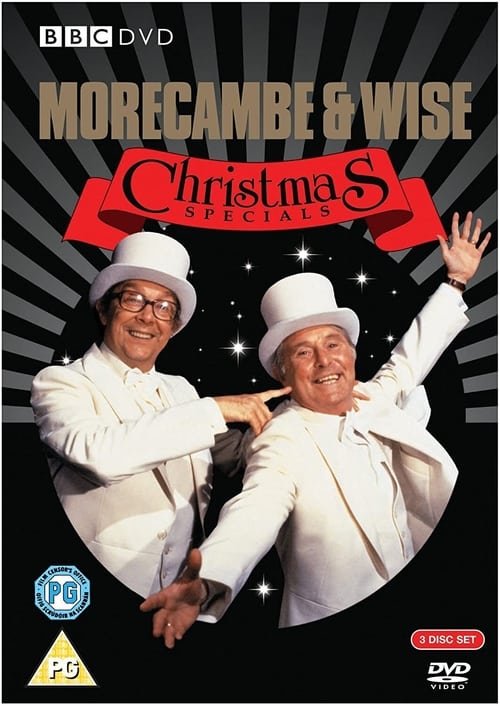 0
0Morecambe & Wise: Christmas Specials
Running from 1969 until 1977, the BBC Christmas shows were usually on Christmas Day. These classic sketches revolved around famous guest stars, such as Eric Porter, Fenella Fielding, Ann Hamilton, Peter Gushing, Glenda Jackson, Andre Previn and Des O'Connor, being made fun of by Eric and Ernie.
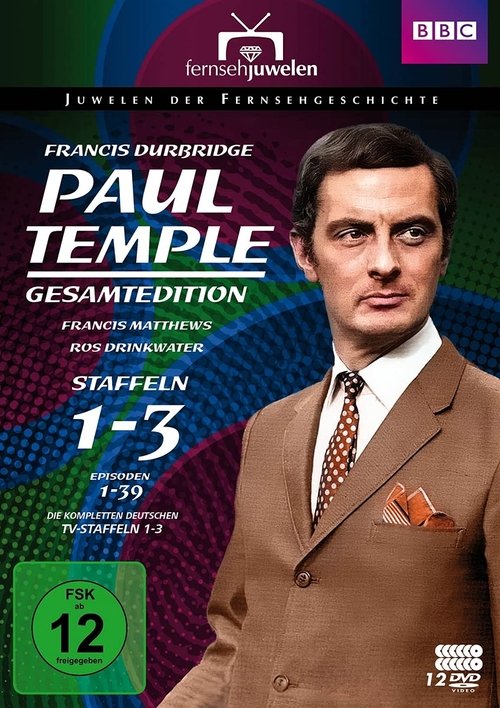
Paul Temple
Paul Temple is a British-German television series . It features Francis Matthews as Paul Temple, the fictional detective created by Francis Durbridge, who solves crimes with the assistance of his wife Steve. Paul Temple used overseas locations in France, Malta, Germany and elsewhere. T